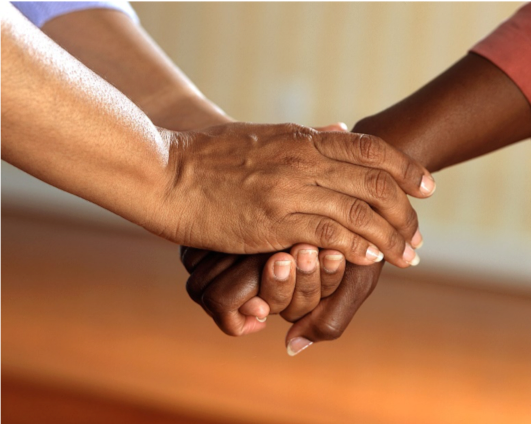
Suicide has a devastating impact on the survivors left behind and the wounds can take a long time to begin to heal. However, beyond the emotional impact there are other important practicalities that need to be taken care of in the days and weeks that follow. Here we will offer some practical advice on how to handle not only the initial days after losing a loved one through suicide.
Notifying the police and viewings
It is important to know that because suicide is not classed as a natural death, it needs to be reported to the authorities. Do not be scared about this as neither you nor your loved one has committed any crime. However, it is important that the police are able to investigate properly and rule out any foul play.
If you have discovered your loved one’s body then you will need to call the police. Upon calling the police, be clear in what has happened and wait for them to arrive. Let them know where they can find your loved one and allow them to do their job. They may limit access to the room they are in or possibly your whole home while they conduct their investigations. They may also take away any evidence such as phones, clothing, computers, notes or anything else that might be important. The police will also want to speak to you and ask you questions about what has happened – they should ask these questions in a sensitive and quick manner.
If you did not discover your loved one’s body but you are their next of kin then you will be asked to identify their body either in person or if you prefer, through the use of photographs. If you feel unable to do either, then you can also ask someone else to identify them. If the body has already been identified, then you can still view it and ask for time alone to say your goodbyes. However, there may be times when the coroner advises against you seeing the body, if they feel it may be too traumatic for you. After this the coroner may then perform an autopsy on the body, which are a set of medical exams and procedures to determine the exact cause of death.
Notifying loved ones
The next step for you to take is to notify other friends and family of your loved one. How long you take to do this is your decision and how you break the news is up to you. You may find it easier to tell them yourself, or you might instead ask that a loved one breaks the news for you while you deal with your own grief. Whether you tell the truth about the means of death is also your decision entirely, however many people report that they are glad that they were honest about what has happened and if there is an inquest into the death of your loved one then the means of death may eventually become public knowledge anyway.
You will also need to consider how you will break the news to any children, or young relatives of your loved one. Again, whether you are completely open about the nature of their death is your choice, however they may overhear adults talking about what has happened anyway. The charity Winstons’s Wish can offer further support and advice on how to handle the subject with young people.
Media
When it comes to the media, violent and sudden deaths are often noted as newsworthy by journalists and because of this they may decide to write news reports both online and in print media about what has happened. However, you are under no obligation to talk to them or answer any of the questions that they might have. If you wish to publish your own notice of death and details of their funeral in the newspaper, then you are under no obligation to publish details of how they died. However, by doing so you may avoid repeat questions from individuals interested in what has happened.
Funeral arrangements
If you have been recently bereaved and would like help planning a loved one’s funeral, please contact Cravens Funerals. Our compassionate and professional team have years of experience creating funerals that are completely unique to the individual and respectful of the circumstances of their passing. For help and advice please contact us on 0151 228 3900 or leave us a message through our contact us page by clicking here.
